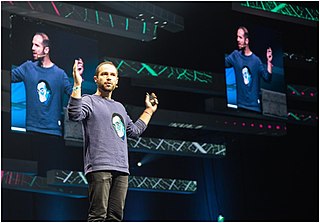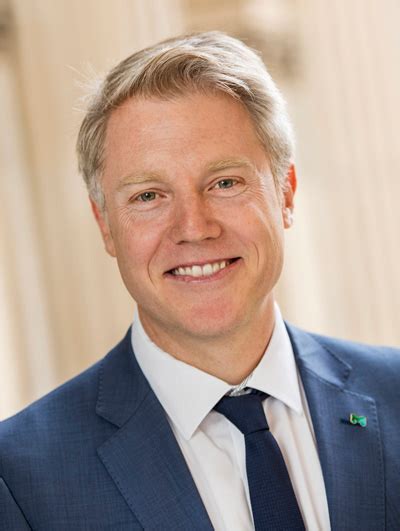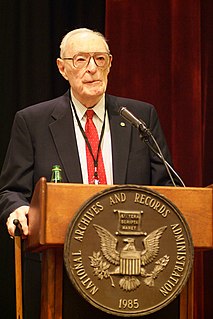A Quote by Robert H. Schuller
Never bring the problem solving stage into the decision making stage. Otherwise, you surrender yourself to the problem rather than the solution.
Related Quotes
Cities are never random. No matter how chaotic they might seem, everything about them grows out of a need to solve a problem. In fact, a city is nothing more than a solution to a problem, that in turn creates more problems that need more solutions, until towers rise, roads widen, bridges are built, and millions of people are caught up in a mad race to feed the problem-solving, problem-creating frenzy.
The solution to a problem - a story that you are unable to finish - is the problem. It isn't as if the problem is one thing and the solution something else. The problem, properly understood = the solution. Instead of trying to hide or efface what limits the story, capitalize on that very limitation. State it, rail against it.
I see the war problem as an economic problem, a business problem, a cultural problem, an educational problem - everything but a military problem. There's no military solution. There is a business solution - and the sooner we can provide jobs, not with our money, but the United States has to provide the framework.
Just like Pharaoh couldn't get a solution to his problem until he talked to Moses, or Nebuchadnezzar or Belshazzar couldn't get a solution to his problem until he talked to Daniel, the white man in America today will never understand the race problem or come anywhere near getting a solution to the race problem until he talks to The Honorable Elijah Muhammad.
For the problem of decision-making in our complicated world is not how to get the problem simple enough so that we can all understand it; the problem is how to get our thinking about the problem as complex as humanly possible--and thus approach (we can never match) the complexity of the real world around us.






































